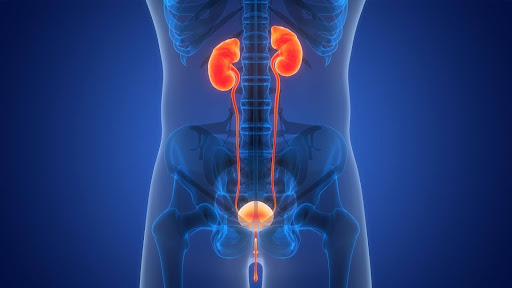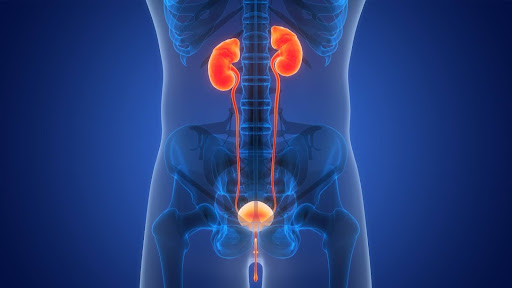Embarking on your first visit to a top urologist can be a mix of apprehension and relief. Whether you're seeking consultation for a specific concern or simply going for a routine check-up, knowing what to expect can help ease any anxiety and ensure a productive appointment. Here’s a guide to help you navigate through this important step in maintaining your urological health.

The Initial Appointment:
Your first visit to a urologist typically begins with paperwork. You'll likely be asked to fill out forms detailing your medical history, current medications, allergies, and any previous surgeries. Arriving a bit early can give you ample time to complete these forms without feeling rushed.
Medical History Review:
Once the paperwork is completed, your urologist will review your medical history in detail. Be prepared to discuss any urological symptoms you're experiencing, such as urinary issues, kidney stones, erectile dysfunction, or concerns about prostate health. Providing accurate and comprehensive information is crucial for an accurate diagnosis and treatment plan.
Physical Examination:
After reviewing your medical history, your urologist will conduct a physical examination. This may include palpating the abdomen, checking the genitals, and performing a digital rectal exam (DRE) for men to assess the prostate gland's size and texture. While these examinations may feel uncomfortable or embarrassing, they are essential for evaluating your urological health.
Diagnostic Tests:
Depending on your symptoms and medical history, your urologist may order diagnostic tests to further evaluate your condition. Common tests may include urine analysis, blood tests, ultrasound imaging, or specialized procedures like cystoscopy or urodynamic testing. These tests help your urologist gather additional information to make an accurate diagnosis.
Discussion and Treatment Plan:
Once the medical history review, physical examination, and diagnostic tests are complete, your urologist will discuss their findings with you. They will explain the diagnosis, answer any questions you may have, and discuss potential treatment options. Treatment may involve medications, lifestyle changes, surgical interventions, or a combination of these approaches.
Addressing Concerns:
Don't hesitate to ask questions or voice any concerns you may have during your appointment. Your urologist is there to help you understand your condition and make informed decisions about your health. It's essential to be open and honest about your symptoms, even if they feel embarrassing or sensitive.
Follow-Up:
Depending on your diagnosis and treatment plan, your urologist may schedule follow-up appointments to monitor your progress or adjust your treatment as needed. It's crucial to attend these follow-up appointments and communicate any changes in your symptoms or concerns with your urologist.
Conclusion:
Visiting a top urologist for the first time is an important step in maintaining your urological health. By knowing what to expect and being prepared to discuss your symptoms openly, you can make the most out of your appointment. Remember, your urologist is there to help you, so don't hesitate to ask questions or seek clarification about any aspect of your care. Taking an active role in your health can lead to better outcomes and improved quality of life.





Comments